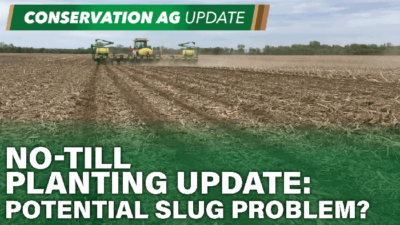USDA's EIS on Roundup Ready biotech alfalfa includes no-plant zones, seed bag labeling and limits on harvest periods.
The future of bio-engineered crops is at a crossroads, with lawsuits threatening to kill the innovation leading to those crops, Agriculture Secretary Tom Vilsack told the House Committee on Agriculture last Thursday.
At the same time, Vilsack said organic and non-genetically engineered crops are just as vital for the future of agriculture.
"The growth of all these sectors is great for U.S. agriculture," he said. "It means farmers, ranchers, and growers have a range of ways to meet consumer needs and preferences both here and around the world. It means they can grow their operations in the way best for their operation while contributing to the success and vitality of rural America."
Vilsack's plea for unity comes a month after the USDA released an environmental impact statement on Roundup Ready biotech alfalfa that includes no-plant zones, seed bag labeling and limits on harvest periods. The USDA released the statement after seeking input from activist groups, sparking criticism regulators were allowing politics to supersede science.
Vilsack on Thursday said the department has no plans to ignore science when deciding the future of specific biotech crops, but that "as we move forward, we must be cognizant of the needs of all producers and all types of production."
"Some have questioned the need for this discussion and have suggested USDA is moving away from a science-based, rules-based decision making process," he said. "I want to reassure everyone that USDA will continue to adhere to a scientific, risk-based decision making process and that our decisions will continue to be driven by science."
To read a press release and additional information from the House Agriculture Committee, click here, or go to http://agriculture.house.gov/press/PRArticle.aspx?NewsID=1296.






Post a comment
Report Abusive Comment